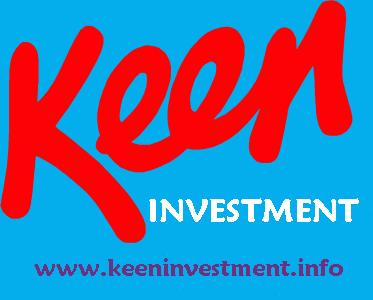Opportunities for Cambodian firms

Opportunities for Cambodian firms
The present favourable economic environment offers a unique opportunity for Cambodia to establish a competitive investment climate and create more and better jobs for the Cambodian people. An attractive investment climate would help sustain investment flows and export competitiveness in the face of rising wages, competing investment destinations in East Asia and the gradual erosion of preferential access to the EU market.
To help policymakers focus on the most urgent investment issues facing Cambodia, the World Bank Group and Asian Development Bank have just published a joint 2014 Cambodia Investment Climate Report (ICA), the first such report since 2009. It suggests ways to improve incentives for firms trying to invest in Cambodia or expand their business here. This latest ICA provides an in-depth survey of Cambodian firms – formal and informal, rural and urban – across a broad geographic footprint, offering a rich source of material and recommendations for policymakers.
One of the most important constraints to doing business in Cambodia is electricity. Not only is electricity more expensive in Cambodia than most neighbouring countries, but the supply can be intermittent – especially in the special economic zones (SEZs) located near the country’s borders. This means that many manufacturers are forced to rely on generators to supply their power needs.
Overriding these problems is the fact that Cambodia’s power distribution losses as a percentage of output are higher than other countries and have more than doubled since 2004.
Registered firms still view informal payments as a major constraint to doing business. While the amount spent on informal payments may have declined since 2009, the incidence of such payments has risen. Registered firms also perceive that they do not compete on a level playing field with informal firms that face fewer regulatory obstacles.
The ICA reveals that investors have high expectations for the SEZs. Despite one-stop shops and enhanced border clearance procedures, investors feel they are still subject to burdensome regulation and interference. Also, there is a “missing middle” of medium-size Cambodian firms involved in exports compared with other countries. This seems to be associated with excessive regulation-related costs that encourage small firms to remain small and informal – and a dearth of medium-size firms.
A foreign company operating in Cambodia notes: “The very high cost of customs clearance is one of the biggest problems now, both inside and outside the zones. Both in exports and imports, the high expense of multiple customs clearances is severely affecting our profit margin. In Cambodia, there are two clearances for export and import. In terms of electricity cost, Cambodia is four times more expensive than Thailand. Even if the labour cost is more competitive than Thailand, we do not have an advantage in total operational cost if we consume lots of electricity.”
Cambodia is beginning to address these challenges, through reforms to the investment law, automation of government processes and stronger enforcement of existing laws. The ICA provides further suggestions. For instance, a national approach could tackle the cost of electricity by looking into tapping other energy sources and improving agreements with neighbouring countries to ensure reliable electricity provision. Incentives can be provided for informal firms to register through fast-track registration, licensing and approval processes. The formalisation of informal firms would contribute to higher revenues, higher wages for currently informal workers and better knowledge transfers.
Informal payments can be addressed by pushing for automated government processes so as to minimise face-to-face transactions between investors and officials. To this end, Cambodia may wish to prioritise the swift passage of the e-commerce law and further expand Automated System for Customs Data – a computerised system designed by the United Nations Conference on Trade and Development to administer a country’s customs – which has already decreased time and cost for traders. “A year ago, it took up to 15 days to clear our goods. These days, it just takes three or four days. This improvement has helped my company reduce recurrent costs,” says Lim Bun Heng of Loran Import-Export Co.
Investors’ concerns in SEZs could be addressed through a series of “smart” incentives and better investment protection. Despite the gains already made, continued improvements in trade facilitation are vital, including streamlining and automation of export procedures, and the implementation of a National Single Window. Both would boost trade by cutting costs and sharpening the competitiveness of Cambodian firms.
By employing these insights, Cambodia can build upon its robust growth and new investment, ease the constraints on doing business and foster economic diversification to create wealth and opportunities for the Cambodian people.
Alassane Sow is World Bank Group country manager for Cambodia. Eric Sidgwick is Cambodia country director of the Asian Development Bank.
